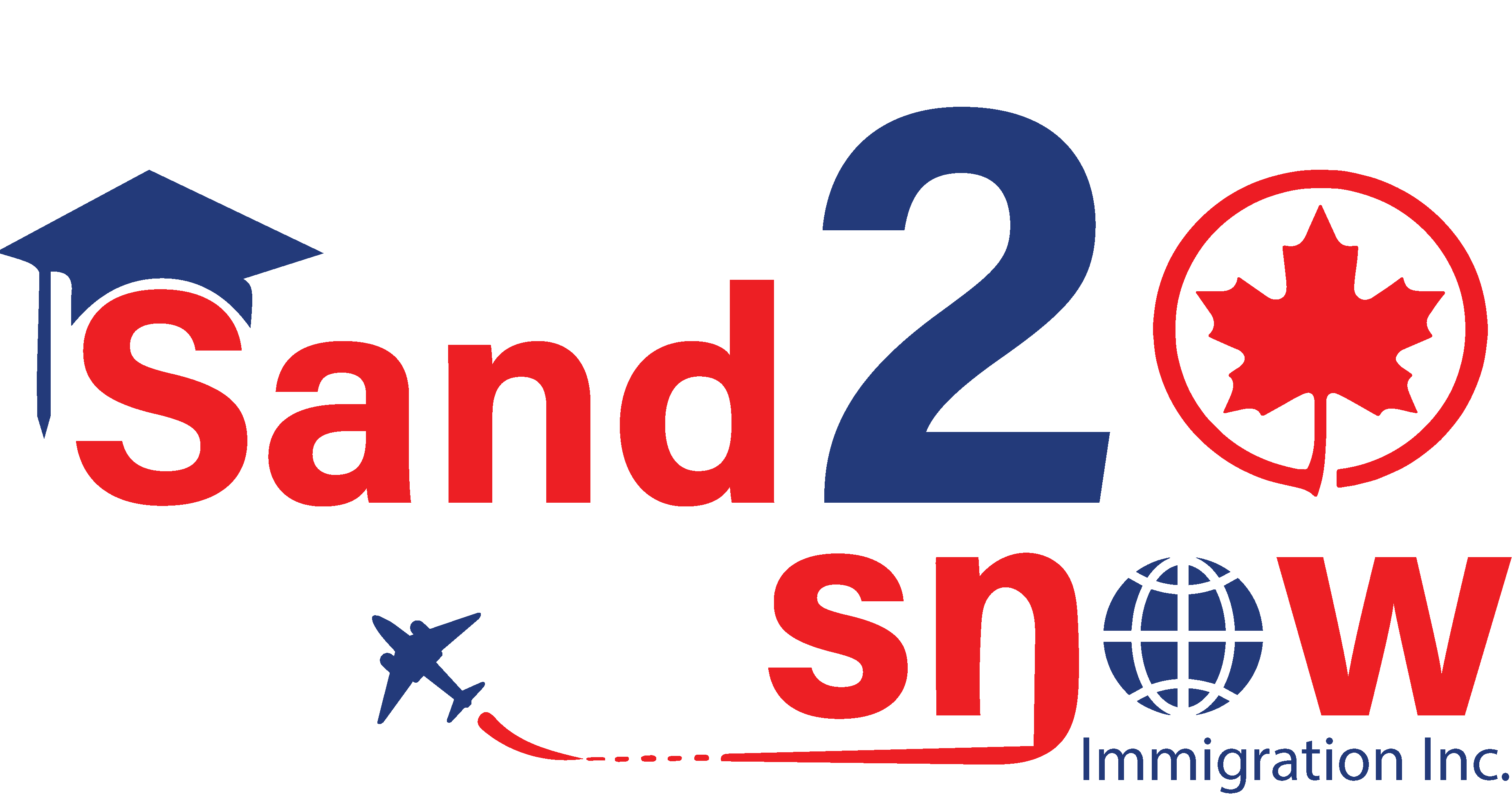1.Financial Insufficiency
Proof of sufficient funds for the first year of the study program is the minimum requirement for studying in Canada. However, the Canadian student visa application may be refused if the immigration officer believes that the student does not meet this requirement. Applicants can address this point by ensuring that they do not merely focus on the minimum fund required. Proof of adequate funds for more than one year, along with the additional documents supporting the finances can be included along with the application. Applicant must research cost to studying and living in Canada before applying for study visa.
2.Choice of Study Program
In cases where the chosen study program does not align with the applicant’s academic and/or or employment background, the chances of visa rejection are increased. Applicants can address this point by including a detailed personal statement for the choice of program in case it does not align with previous education or work experience. For applicants, whose choice aligns with the previous background, a detailed education history or work history can be attached along with the applications.
3.Letter of Acceptance
An official letter of acceptance from a Canadian DLI is required for applying for a study permit. If the applicant’s letter of acceptance is in question, the study visa may be refused. Along with the letter of acceptance, the applicants are required to meet the minimum entry requirements for the specific institution. If the visa officer doubts whether the minimum requirements are met by the applicant, the student visa may be refused. Applicants can address this point by ensuring that the educational institute they receive an LOA is registered.
4.English Language Proficiency
Non-native English-speaking international students are required to submit proof of language proficiency. Applicants are required to meet the minimum standardized English language test scores (IELTS/CELPIP/TOEFL) when applying for student visa. Even if the applicant has the minimum score meeting the DLI requirements, failing to meet the program requirements may result in the refusal of a student visa. Applicants must also ensure that the minimum score requirements for the specific program are met.
5.Incomplete Travel or Identity Documents
In cases where there are too many blank spaces in the travel history with a lack of proof of supporting evidence to cover those periods, the study permit may be refused. If the identity documents are incomplete or are not easy to read, the chances of Canadian student visa refusal are accelerated. Applicants must ensure that the travel history is justified with sufficient evidence and/or documents. The identity documents provided must be clear and easily readable for ensuring that the visa is not refused because of the above-mentioned reason.
6.Intent of Return to Home Country
As the study permit is a temporary visa, it has a validity period. The applicants are required to submit enough proof of intent to return to their home country. This does not suggest that the applicant cannot extend their study visa or obtain a Canadian Permanent Residency. It is mandatory to provide documents suggesting the intent of return to ensure that the applicant will not stay in Canada after the expiration of the study permit. Applicants can address this concern with a detailed personal statement.
9.Lack of Job Prospects in Home Country
Job opportunities in the applicant’s home country is an indication of the intent to return to the home country. Applicant should indicate that how they will be able to secure a job offer in their home country after completing their studies in Canada. Applicants need to explain how Canadian education and/or experience will enrich their profile in securing a job in their home country.

